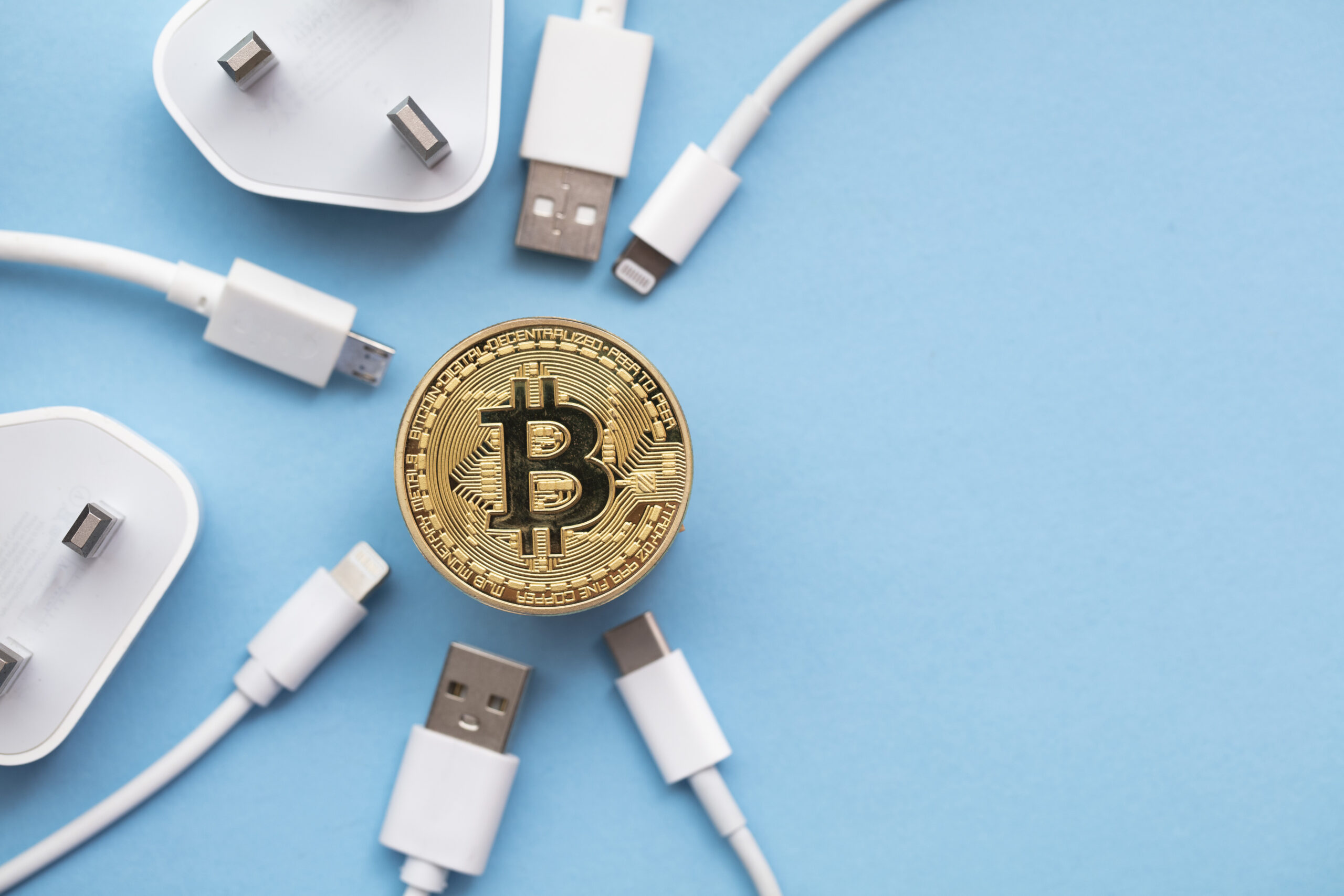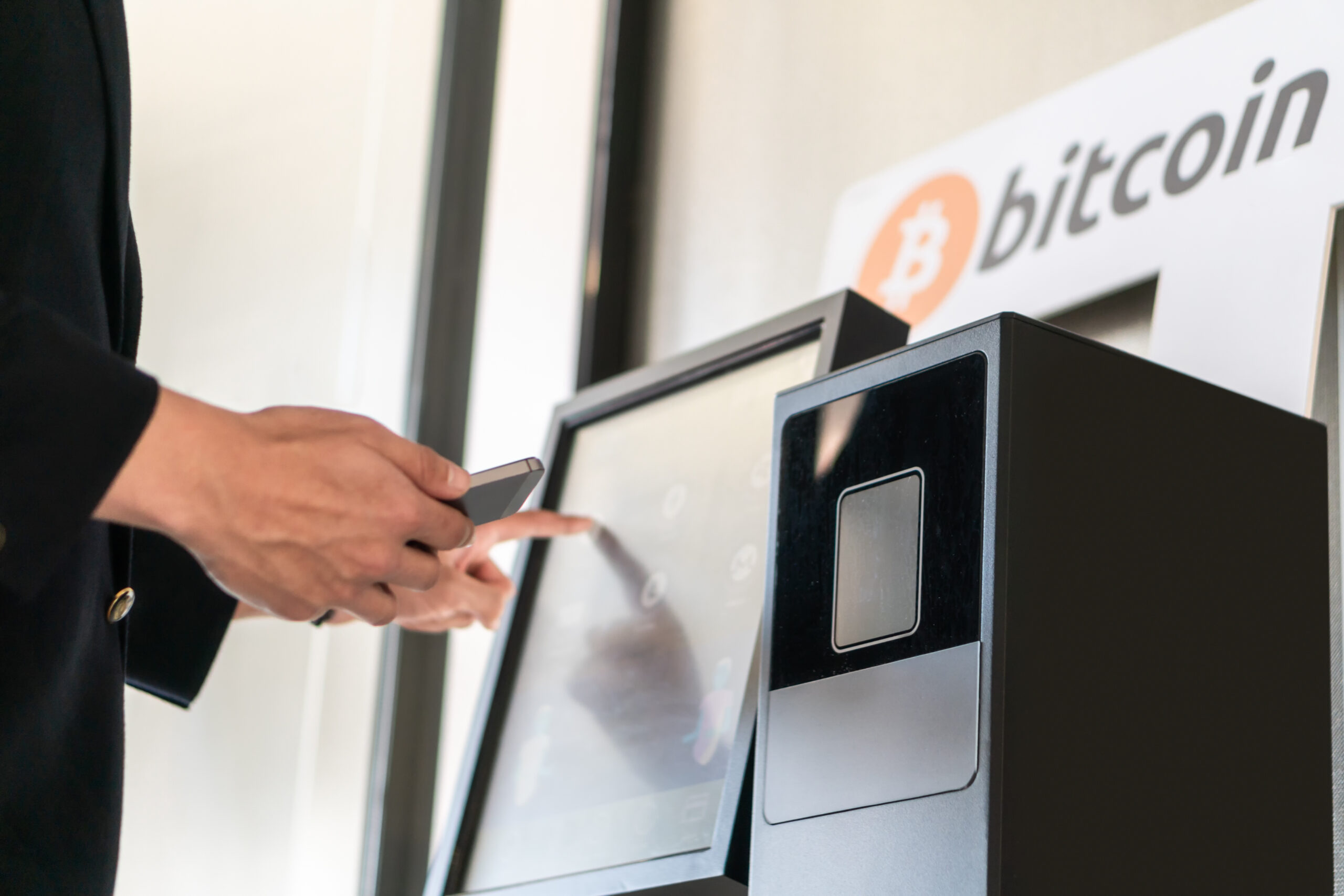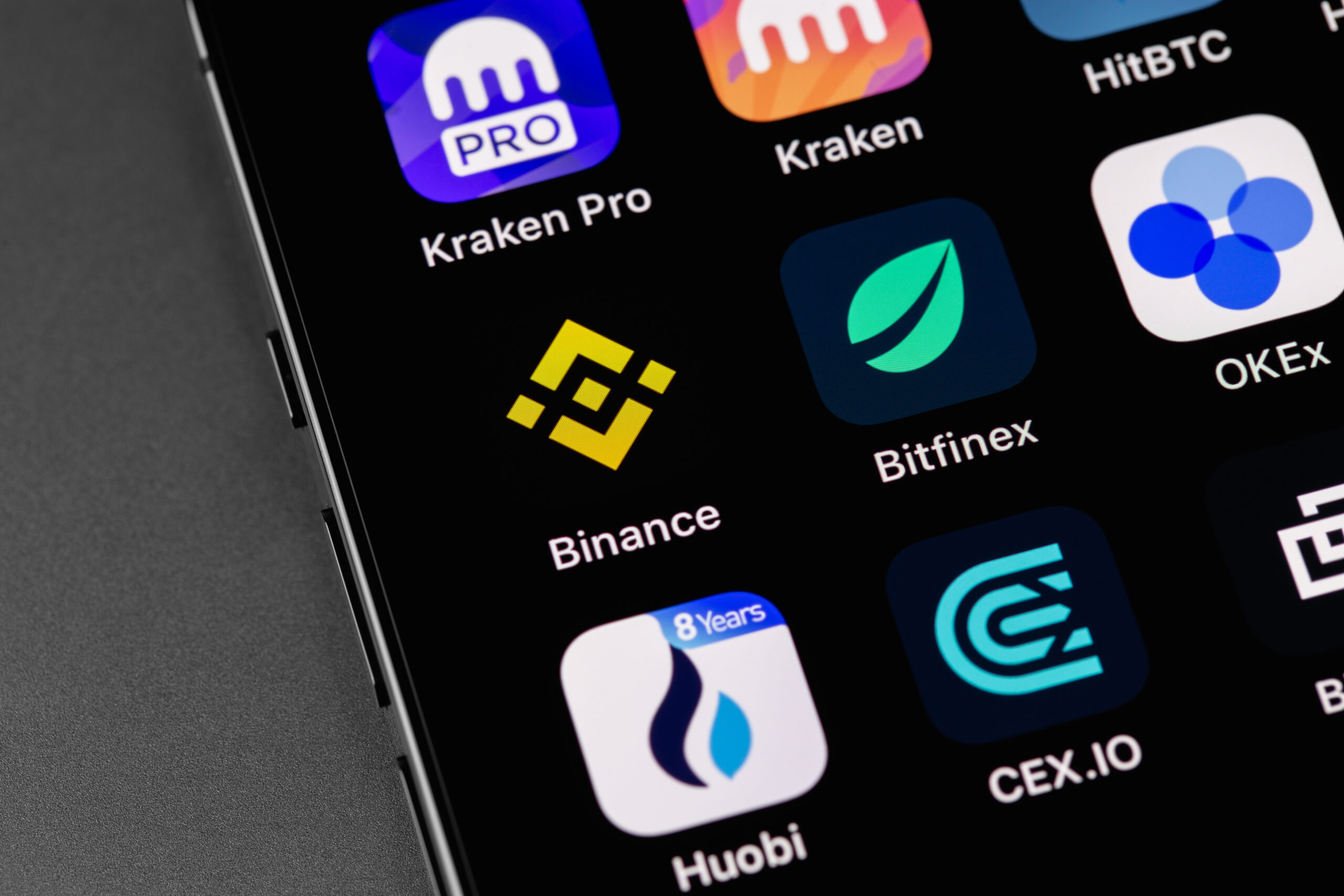Many people have heard a little about recent increases in inflation, but they do not realize just how significant they are. In recent months, inflation has reached levels that we haven’t seen in more than 40 years. Economists and others are still trying to figure out what is responsible for all of this insulation.
Many people have been talking about an interest rate increase. In fact, this has been part of the response to recent increases in inflation. But why would people respond to higher inflation in this way?
What is supposed to be the effect of increasing the interest rate? And how do we know if this plan will do what we expect it to or not? Understanding a little bit more about interest rates is essential if you want to understand how our modern economy functions and reacts in difficult times.
Read on to learn all about interest rate increases and how they can affect inflation rates!
What Are High Interest Rates?
Most people are familiar with interest rates in the context of a personal loan. If someone loans someone else $1,000, then they might ask to be paid back with interest. For example, they might receive back $1,050 instead of just the original $1,000.
These days, most people get loans in the form of credit cards, mortgages, or loans from a bank. There are many different kinds of loans available, but they tend to follow certain patterns when it comes to their interest rates. When interest rates in one area go up, they tend to go up in other areas as well.
As you study interest rates, you start to realize that they all seem to be connected to each other. In fact, they all trace back to a single source. That source is the federal funds rate.
The federal funds rate has to do with how much banks charge each other to loan money between them. When people talk about increasing the interest rate, they’re talking about a policy change to require banks to change how much they charge each other in interest for loans.
This is then understood to also affect all other interest rates. The ability to adjust the interest rates in loans throughout our society is a powerful one that can have far-reaching impacts. Some people are trying to strategically generate impact to help respond to our current economic difficulties.
Why People Are Responding to the Inflation Rate and High Prices
Experts are still trying to figure out why there is so inflation much inflation right now. Of course, the truth is that there are probably many factors that are combining to create a large spike in inflation rates.
The prices of basic things like energy and food are continuing to go up month by month as they have been for some time now. It is even more unfortunate that this is happening at the same time that basic sources of energy are becoming more scarce. International conflict is making it more and more expensive to acquire the energy that people are used to using.
Other people point to how much money the government printed to pay for stimulus programs and covid management strategies. Some people even point to interest rate adjustments in the past. That is where they start to wonder if another adjustment to the interest rate might be able to counteract some of the effects of past interest rate policies.
In the early days of the pandemic, the interest rate dropped to an extremely low rate. This was a strategic move designed to help people get through the pandemic without suffering from higher prices or scarce capital.
Now that we are dealing with significant inflation, many people think that we can reverse inflation with an increase in the interest rate. But why would that work?
The Connection Between Inflation and Interest
The idea that we might be able to affect the entire economy’s inflation rate by adjusting how much banks charge each other to loan each other money may seem farfetched. However, if you look closely at what is going on, you can start to see why this plan might be able to work.
When we adjust the federal funds rate, that affects the prime rate. The prime rate is used to calculate how high mortgage rates and personal loan rates are. As all of these loans start to have higher interest rates, fewer and fewer people are able to afford them.
That means that it is harder to acquire extra capital through loans. In a certain sense, that diminishes the total supply of currency available. Whereas before people had access to however much money they had along with whatever credit they could acquire, now they have only however much money they have combined with a much smaller amount of available credit.
Since the whole point of inflation is that there is more and more currency representing the same amount of value, decreasing the amount of available currency should counteract the effects of runaway inflation.
Financial Advice Based on Higher Interest Rates
So what does it mean if we increase the interest rate? Nothing is certain, but it may mean that we can expect inflation rates to decrease. When inflation is high, it is less valuable to save money. If inflation starts to go down as interest rates go up, it might make sense to shift towards strategies of saving money.
Understand the Effects of an Interest Rate Increase on Inflation
Many people find the economy to be mysterious even after studying it for many years. Although some strategies have become commonplace because they often work, nothing is certain. However, the reason people value whatever understanding of the economy they can get is because of how much it affects our lives.
To learn more about how the economy functions and will function, check out our other articles!











